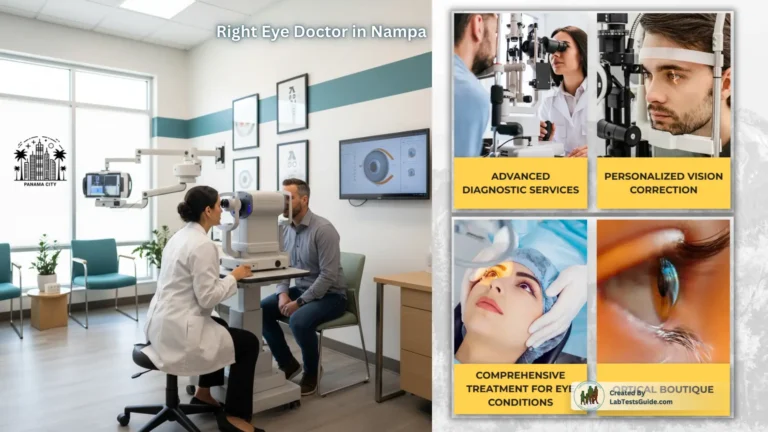Therapists spend considerable time documenting therapy sessions, often at the expense of direct patient interaction and personal well-being. AI-assisted therapy notes have emerged as a promising solution, helping mental health professionals enhance productivity, reduce burnout, and focus more effectively on client care.

Why Documentation Matters So Much in Therapy
Accurate, detailed therapy notes are essential for quality mental healthcare. They help therapists track patient progress, formulate future treatment plans, facilitate collaboration among healthcare providers, and ensure compliance with legal and insurance requirements. However, extensive documentation requirements can overwhelm therapists, leading to stress, decreased job satisfaction, and increased risk of burnout.
This strain can inadvertently affect the quality of care therapists provide. Therapists need solutions that balance thorough documentation with their professional and personal needs. That’s where AI-assisted therapy notes can significantly help.
Understanding AI-Assisted Therapy Notes
AI-assisted therapy notes simplify and streamline clinical documentation by using advanced artificial intelligence to transform therapy sessions into structured, professional notes. Unlike traditional methods such as manual note-taking or dictation, AI-powered tools ambiently listen to the patient-therapist interaction and automatically generate comprehensive session notes. Therapists can quickly review and edit these AI-generated notes instead of writing them from scratch, significantly reducing administrative burdens and freeing more time for patient care.
Therapists often find themselves spending hours after each session transcribing handwritten notes or recalling critical session details from memory. AI-assisted tools provide therapists with ready-to-use session summaries shortly after a session ends, significantly cutting down administrative burdens.
How AI-Assisted Therapy Notes Improve Therapist Workflow
1. Efficiency and Time-Saving
One of the most immediate benefits of AI-assisted therapy notes is increased efficiency. Instead of spending valuable hours each week manually typing or handwriting notes, therapists can swiftly review and finalize AI-generated drafts. By freeing up this time, therapists can redirect their energy toward patient-facing tasks, professional development, or self-care activities crucial for maintaining mental and emotional resilience.
2. Enhanced Note Accuracy
While AI isn’t flawless, it significantly reduces the likelihood of common human errors associated with manual note-taking, such as missed details or inaccurate recollections. AI-assisted solutions capture session information objectively and systematically, ensuring key points and insights aren’t overlooked. Therapists maintain full control, reviewing and refining AI-generated notes to ensure precision and clinical relevance.
3. Reduced Therapist Burnout
Therapist burnout is a serious and widespread issue in the mental health profession, often exacerbated by documentation-related stress. Excessive administrative duties can deplete therapists’ emotional and physical resources, negatively impacting patient interactions. AI-assisted notes alleviate this stress by streamlining documentation tasks, allowing therapists to feel less overwhelmed and more capable of providing compassionate care.
4. Improved Patient-Therapist Engagement
Patients benefit directly when therapists are less burdened by documentation. Therapists who aren’t preoccupied with administrative tasks are more engaged, present, and responsive during therapy sessions. Enhanced focus improves therapeutic rapport, patient satisfaction, and overall treatment outcomes. Therapists can also more easily recall session details, facilitating richer, more personalized therapeutic interactions.
Practical Considerations When Adopting AI-Assisted Therapy Notes
While adopting AI-assisted therapy note tools offers substantial benefits, therapists should consider several practical factors to integrate these tools effectively:
Training and Ease of Adoption
Therapists should ensure the AI-assisted note-taking solution they select is user-friendly and straightforward to learn. Adequate training resources, clear documentation, and responsive customer support can make the adoption process smoother, reducing any initial resistance or frustration.
Usability and Integration
Therapists should seek user-friendly AI-assisted note-taking solutions easily integrated into their existing electronic health record (EHR) systems. Seamless integration minimizes disruption and maximizes workflow improvements.
Customizability and Clinical Relevance
The ability to customize AI-generated notes is essential. Therapists should choose AI solutions allowing them to adjust notes easily, reflecting their unique therapeutic approaches and accurately capturing nuanced session details.
Addressing Common Concerns About AI-Assisted Therapy Notes
Therapists new to AI-assisted documentation may have concerns about accuracy, control over content, and impacts on therapeutic relationships.
Concern: “Will AI-generated notes capture nuanced therapeutic details?”
AI solutions are increasingly sophisticated, capturing session content in remarkable detail. Still, therapists retain ultimate control, reviewing, editing, and refining notes to ensure clinical accuracy and depth.
Concern: “Could relying on AI diminish my therapeutic skills?”
On the contrary, AI-assisted therapy notes allow therapists to sharpen their therapeutic skills by redirecting focus away from tedious documentation toward direct patient care, clinical reflection, and professional development.
Concern: “Will patients feel uncomfortable about AI involvement in sessions?”
Clear communication about AI tools helps mitigate patient concerns. Explaining that AI solutions solely assist with documentation—never replacing the therapist’s judgment or personal touch—reassures patients and enhances transparency and trust.
Future Directions for AI-Assisted Therapy Notes
The integration of AI-assisted documentation in mental health practices continues to grow rapidly. Looking forward, therapists can expect even greater personalization, improved accuracy, and deeper integration with clinical workflows. The development of advanced analytics and insights from AI-generated notes will further enhance therapists’ ability to tailor and refine therapeutic interventions, improving patient outcomes.
Conclusion
AI-assisted therapy notes represent a significant advancement for therapists looking to optimize their workflow, enhance patient interactions, and improve overall professional well-being. By reducing documentation burdens and enhancing note accuracy, AI-assisted solutions empower therapists to concentrate more fully on their primary mission: providing high-quality, compassionate mental health care.
Therapists embracing this technology will find themselves better equipped, less stressed, and more engaged with their patients, creating a healthier environment for both therapists and those they serve.







